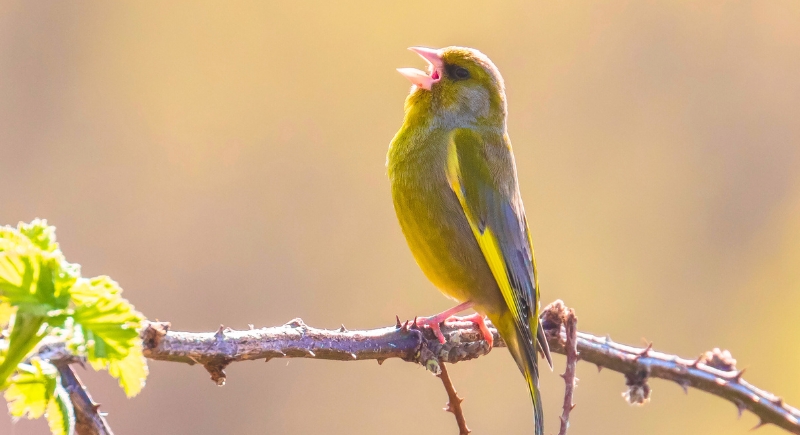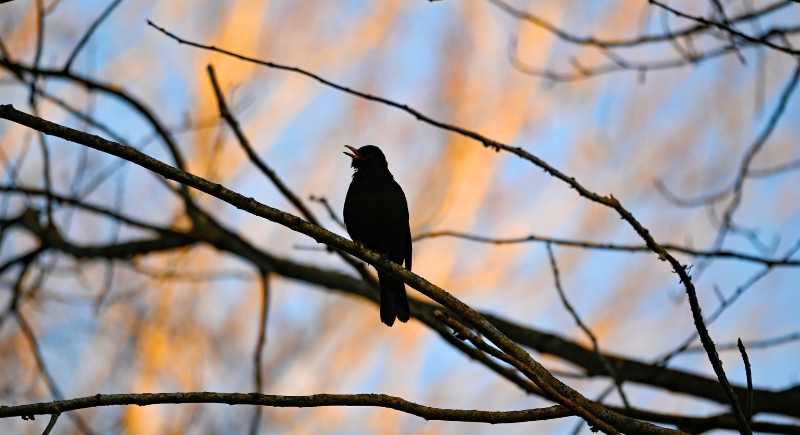Scientists Finally Figured Out Why Birds Yell at Each Other Every Morning
If you’ve ever been jolted awake by a noisy flock of birds at dawn, you’re not alone in wondering what all the fuss is about. Every morning, before the sun is fully up and long before most people are ready to face the day, birds fill the air with chatter. It may sound like chaos, but researchers say there’s a clear purpose behind all that early morning noise, and it’s rooted in fascinating science.
The Science Behind The Sunrise Serenade

Image via Getty Images/Sander Meertins
Researchers studying zebra finches discovered that birds sing most energetically once the first light hits. Their sunrise soundtrack comes from a rush of built-up energy that gathers overnight. During the dark hours, the instinct to sing builds, waiting for release. When dawn arrives, the tension breaks in a burst of sound. The longer the night, the stronger the song.
This “rebound effect” has a biological root. Light lowers melatonin, the hormone that manages sleep and activity. As melatonin drops before sunrise, the body gets ready for the day ahead. By the time light appears, birds are primed to move and vocalize. Singing becomes their way of stretching after hours of stillness.
Why The Noise Gets So Intense
In another experiment, scientists delayed morning light for zebra finches. When they finally turned the lights on, the birds sang louder and longer than usual. Shorter nights produced weaker performances. The study showed that the dawn chorus follows a clear rhythm of buildup and release. Darkness fuels anticipation, and sunrise brings expression.
Singing at dawn also serves as vocal training. Birds lose some precision during rest, and those first songs help them regain control. It’s their warm-up before the day’s challenges begin. The early tunes also double as social signals. They tell potential mates, “I’m strong and ready,” and let rivals know the territory is taken.
Rethinking Old Theories
For years, many believed birds sang early because sound carried better in the morning’s cool, calm air. But research by the Cornell Lab of Ornithology and Project Dhvani in India challenged that theory.
Scientists analyzed recordings from 69 bird species in the Western Ghats rainforest and found that better sound conditions didn’t explain the dawn chorus. Instead, the early singing appeared tied to communication, such as defending territory and coordinating food searches after the quiet of the night.
Some species, particularly territorial or omnivorous ones, used the early hours to mark their presence or plan group foraging. After a night of stillness, they reconnected with calls that reestablished their place and purpose. It’s basically their version of checking in before the day begins.
The Perfect Mix Of Timing And Instinct

Image via iStockphoto/Jonas Rönnbro
All the research points to one conclusion: birds sing at dawn because their internal clocks and environment align at the same time. Hormones prepare their bodies while light signals them to act. The mix of built-up energy, alertness, and social instinct creates the morning chorus that echoes through backyards and forests alike.
When a robin or sparrow starts its sunrise solo, it’s more than random noise. It’s biology, coordination, and a daily declaration that the day has begun, ready or not.